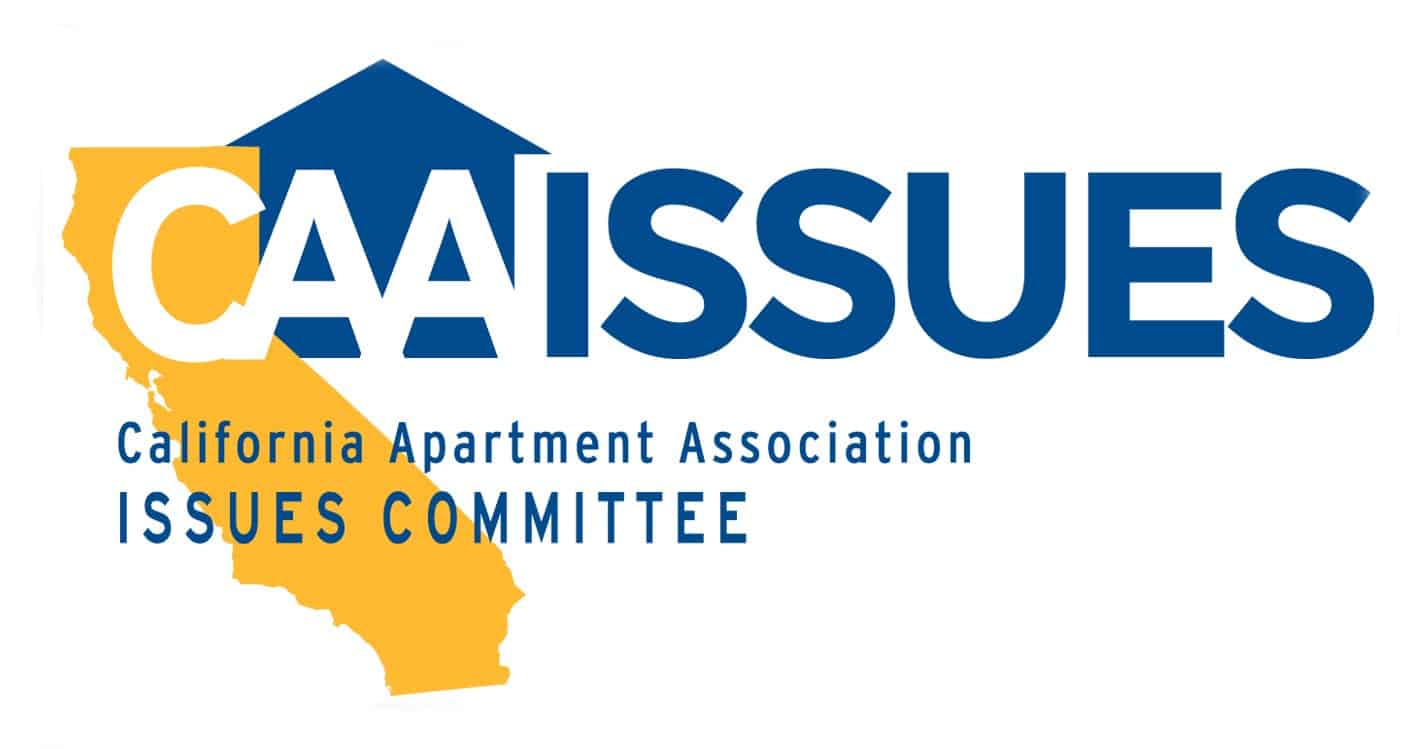The California Apartment Association has secured substantial amendments to a bill that was poised to add harsh eviction limitations to the Tenant Protection Act of 2019, passed as AB 1482.

Originally, the bill, SB 567 by Sen. Maria Elena Durazo, D-Los Angeles, proposed restrictions that would have made it more challenging for landlords to move into their own rental units while also dramatically lowering the statewide rent cap. The updated version, however, mostly preserves that status quo under AB 1482, California’s rent cap and “just cause” for eviction law.
In an attempt to limit who could move into their own property, the original version of the bill defined a property owner as an individual holding at least a 51% interest in a property. These owners would have been the only ones eligible to move themselves or their family members into their own rental units. But after recent amendments, the bill now extends this recognition to family trusts. Further revisions are under consideration to accommodate unrelated individuals who hold ownership.
Durazo also removed language that would have complicated the process for landlords seeking to remove rental units from the market for reasons such as property conversion or sale. This change keeps the current process for exiting the rental market unchanged.
The author argued that the law needed to be changed to stop rental property owners from terminating tenancies, relying on what she called “loopholes” in the current just-cause provisions, only as a way to increase the rent above the current rent cap provisions.
Another critical shift concerns the proposed cap on annual rental increases. Initially, the bill sought to limit increases to the annual consumer price index or 5%, whichever is lower. However, the revised version upholds the existing limit—an annual increase of 5% plus the change in the consumer price index, up to a maximum of 10%. Landlords can also increase rent to market rates between tenancies, a principle known as “vacancy decontrol.”
An additional amendment under consideration ensures the proposed legislation would not impose penalties on rental property owners who inadvertently make mistakes when attempting to comply with the law.
CAA thanks rental property owners who responded to its grassroots campaign, sending more than 6,000 letters to legislators, expressing concerns about earlier versions of the bill. CAA will keep landlords updated as the bill continues to work its way through the Legislature. The next stop for SB 567 is the Assembly Appropriations Committee and will be voted on after the Legislature’s summer recess, which began this week. Lawmakers reconvene Aug. 14.

